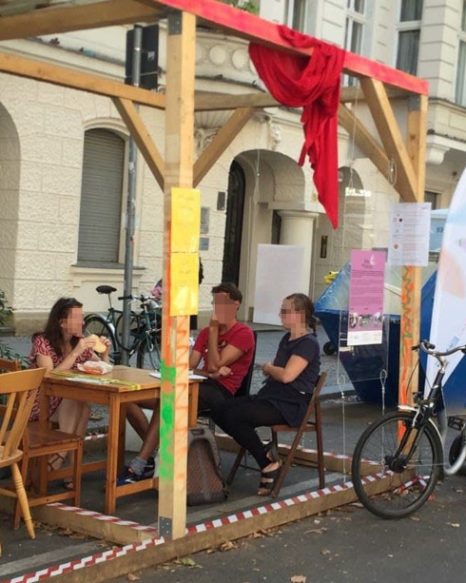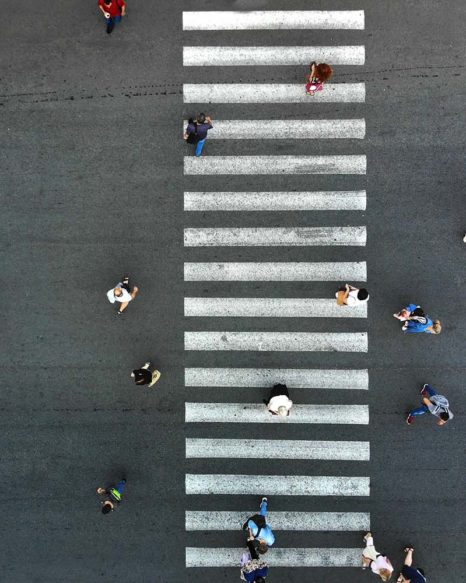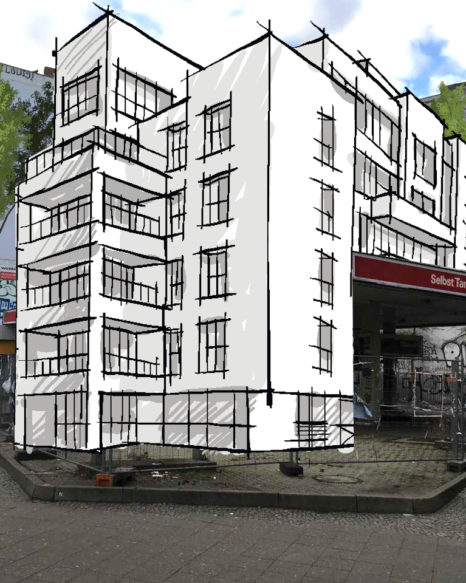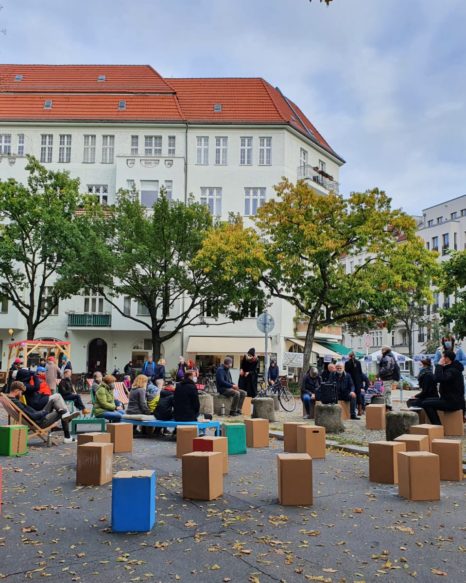Transformation process and transdisciplinary research methods

It could be said that the mobility and transportation sector is currently in a state of crisis. As opposed to the energy transition in the power sector, a comprehensive socio-ecological transformation process in Germany’s transport sector has only just begun, despite the fact that more and more people want to see it. While numerous technological, digital, and social innovations are emerging as individual solutions and their individual effects are being researched, we still do not have an integrated approach to the transport transition and its social dynamics as a transformation process. Seen against this background, the recently adopted Mobility Act (MobG) for the state of Berlin opens up extraordinary spaces of learning and opportunity for inter- and transdisciplinary research into the socio-technical transformation of the transport system.
The present subproject focuses on the analytical consideration of individual agency and its integration into multi-level models of transformation processes. This theoretical development is necessary for a deeper understanding of transformation processes, as micro- and meso-levels have so far mostly been researched separately (Shove & Walker, 2010). This separate treatment seems insufficient, especially with regard to the interplay of behavioural and institutional changes (Whitmarsh, 2012). A better starting point is the multi-level perspective (MLP) (Rip & Kemp, 1998; Geels & Schot, 2007; Geels, 2012). The main strength of this theory, well established in transformation research, is that it provides a process model that explains long-term developments and that it can be used to understand transport transformation processes. Nevertheless, although the active shaping of transformation processes should be more strongly integrated in MLP approaches (Köhler et al., 2019), in particular the consideration of individual agency, it is often left out here as well (Bögel & Upham, 2018). Since the MLP has been heavily techno-centric to date, another focus of the research will be to analyse the changing coalitions of actors as manifestations of social dynamics of the transportation transition.
Transdisciplinary method development and reflection
Developing evidence-based and socially acceptable approaches to make the transport system more sustainable requires transdisciplinary research designs. These designs open up new spaces for interaction between science institutions and non-scientific social actors. However, they also bring a number of new challenges, such as the synchronisation of processes over time, different system logics, and the heterogeneity of knowledge bases on the part of stakeholders (Rau, Goggins & Fahy, 2018; Di Giulio, Defila & Brückmann, 2016). It is important to analyse the possibilities and limitations of the existing toolbox of methods for transdisciplinary research and to reflect constructively and critically on the practical application of these methods, especially the ideal-typical phase models of transdisciplinary processes (e.g., Lang et al., 2012). Transdisciplinary method development and reflection will be sharpened with the help of concrete case studies in the context of the transport transition research of the EXPERI project. In the sense of an experimenting knowledge society (Campbell, 1988), the incipient Berlin transformation process of the transport sector embodied by the mobility law is understood as a real-life societal experiment (Groß et al., 2005). Co-designed by the practice partners, a real-life experiment will also be developed as a specific format of transdisciplinary research (Jahn & Keil, 2016) and implemented together with them. The analysis of the Berlin Mobility Act can thus be understood as transformation research, while our real-world experiment has the character of transformative research (Grunwald, 2015).
Transdisciplinarity, however, cannot be reduced to a set of methods or a "toolbox", but touches on fundamental questions about the self-conception of science, as the debate between Strohschneider and Schneidewind has clearly shown (Schneidewind 2014; 2015; Strohschneider 2014). The development of methods should therefore also address the socio-political role of science and science actors (cf. Renn, 2019)







